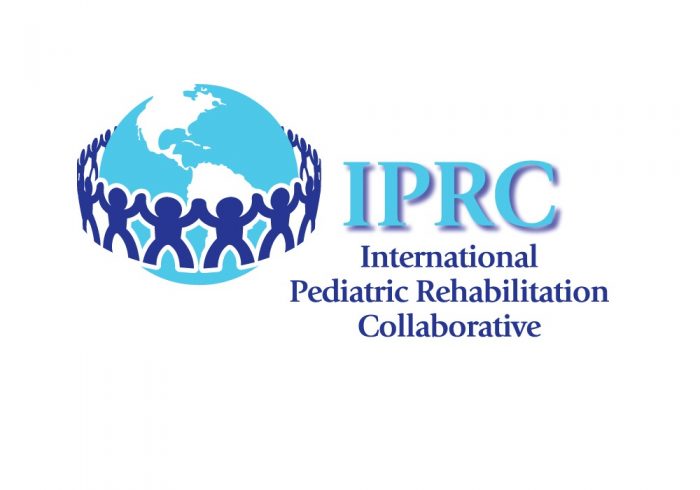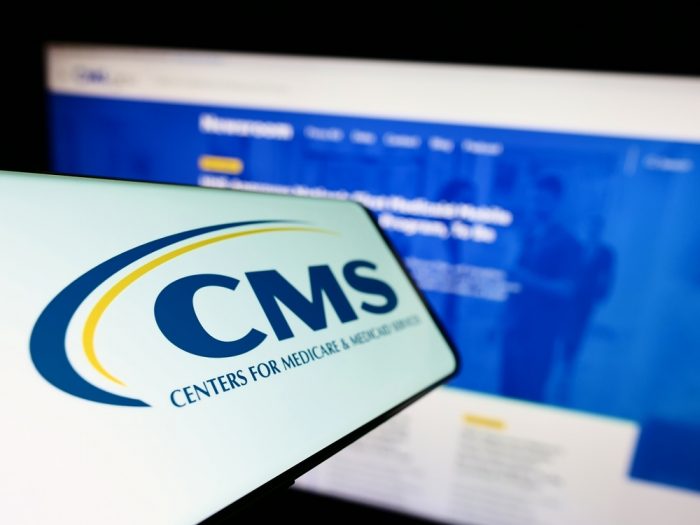Thursday, February 5, 2026
1:00 pm – 2:00 pm EST; 12:00 pm – 1:00 pm CST;
11:00 am – 12:00 pm MST; 10:00 am – 11:00 am PST
Register Here
This webinar is a follow-up to Dr. Bohl’s January 2025 webinar Understanding and Treating Pediatric Vision Impairments, including additional practical treatment options. Attendees may wish to review the former presentation prior to attending.
Presenter Bio:
Dr. Bohl earned her Doctor of Optometry degree from the University of the Incarnate Word Rosenberg School of Optometry in San Antonio, Texas, and completed a residency in neuro-optometric rehabilitation through the State University of New York College of Optometry. Dr. Bohl joined the team at Madonna Rehabilitation Hospital in 2017, where she supports individuals with vision impairments in the rehabilitation setting.
Objectives: At the end of this session, the learner will:
- Review therapy techniques beneficial to pediatric patients with visual deficits;
- Identify when to use techniques to benefit peripheral awareness, pursuits, saccades, visual perceptual skills, and functional binocularity; and
- Adapt therapeutic interventions to adjust levels of difficulty and ensure appropriateness for different age populations.
Audience: This webinar is intended for all interested members of the rehabilitation team.
Level: Beginner – Intermediate
Certificate of Attendance: Certificates of attendance are available for all attendees. No CEs are provided for this course.
Complimentary webinars are a benefit of IPRC/RCPA membership. Registration fee for non-members is $179. Not a member yet? Consider joining today.

















